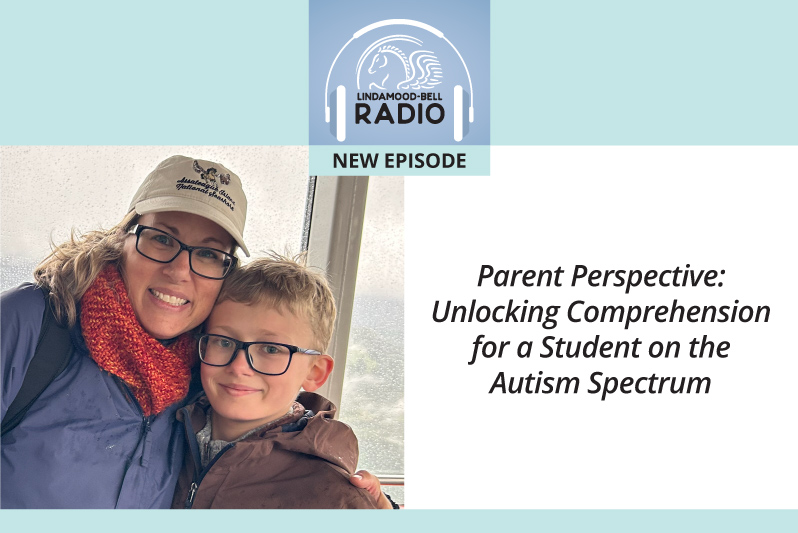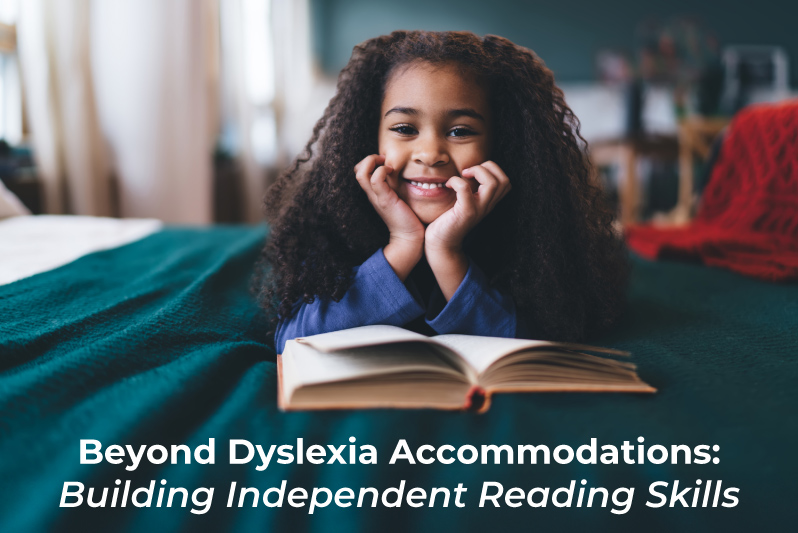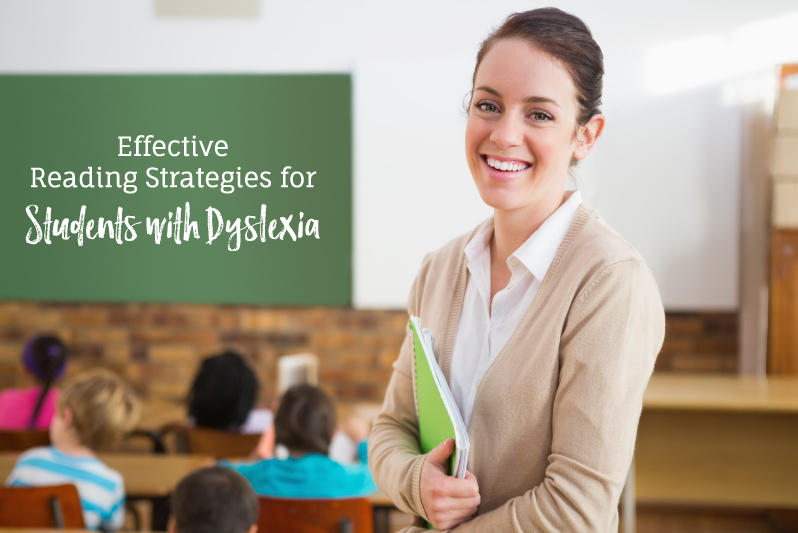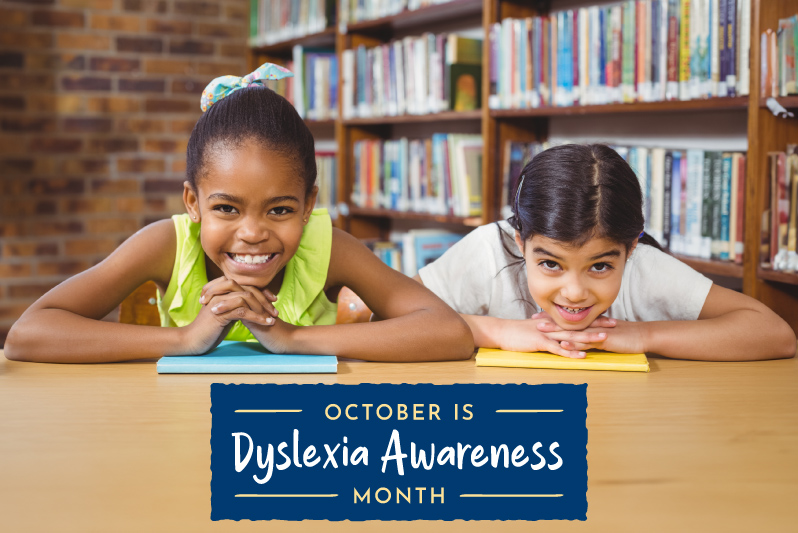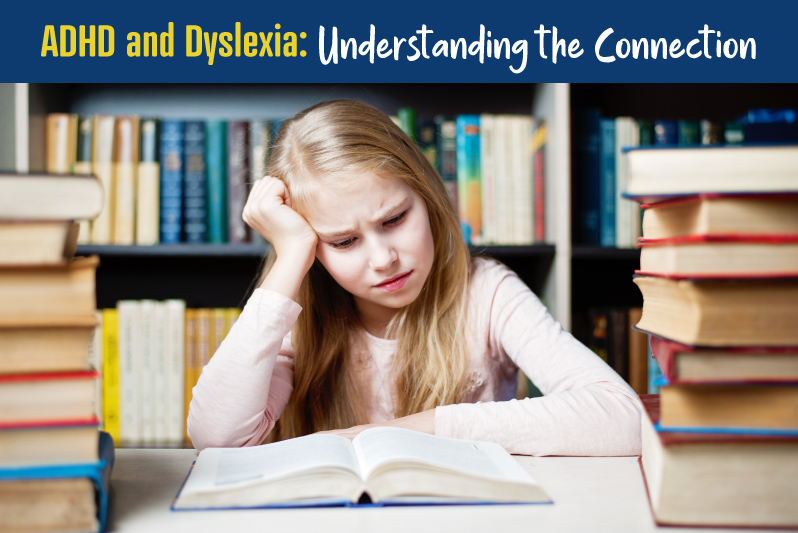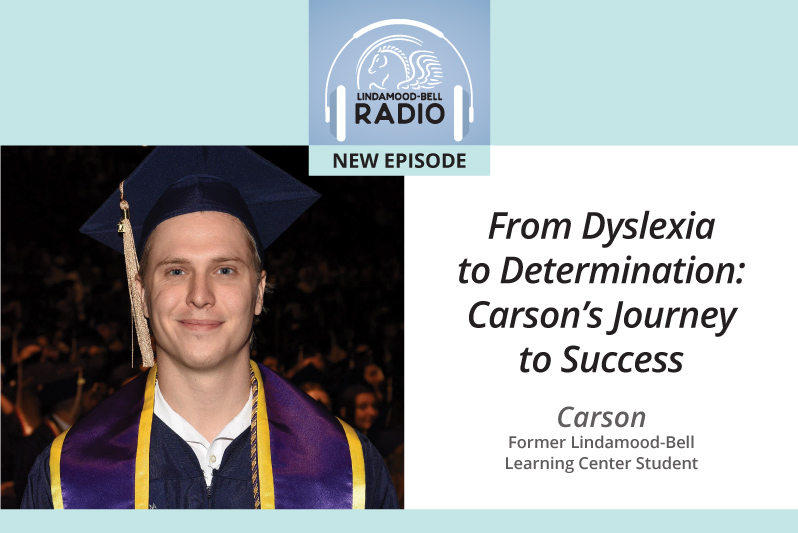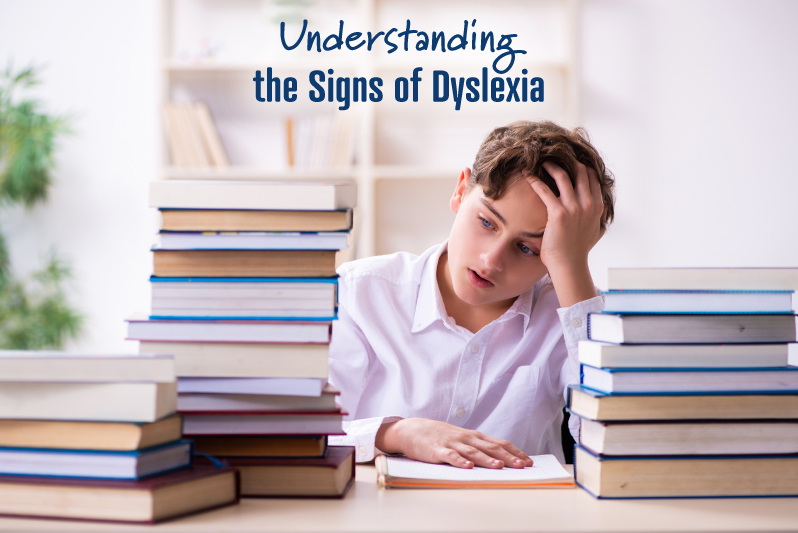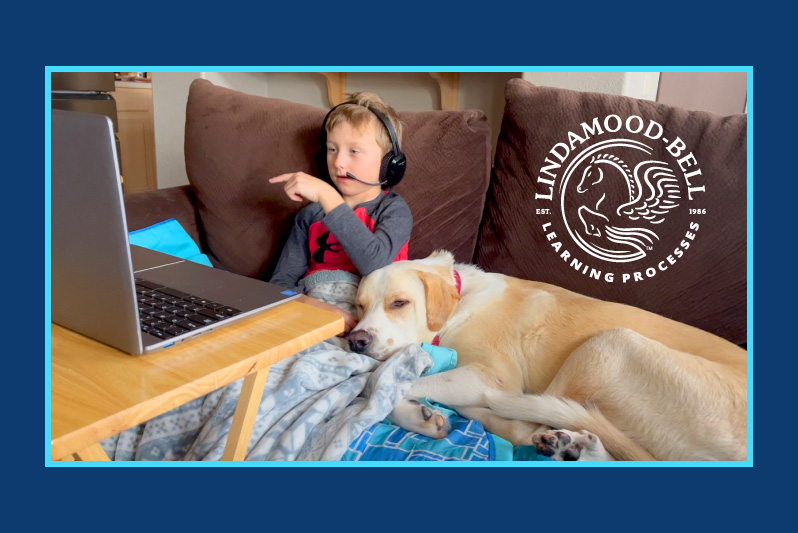Unlocking Comprehension for a Student on the Autism Spectrum | Lindamood-Bell Radio
April shares her son’s journey at a Lindamood-Bell Learning Center. Her son is on the autism spectrum and, while he was a strong decoder, reading comprehension remained a challenge. Through Visualizing and Verbalizing instruction, his comprehension scores soared, and he is now making substantial progress in math. Discover how personalized, sensory-cognitive instruction helped him gain…
Beyond Dyslexia Accommodations: Building Independent Reading Skills
Students with dyslexia face challenges in reading and spelling that can make learning frustrating and affect confidence. Dyslexia accommodations are tools that may allow learners to access grade-level content while their skills develop. These accommodations can reduce barriers, support engagement, and help students demonstrate their knowledge. Students may be enrolled in a public or private…
Effective Reading Strategies for Students with Dyslexia
Supporting students with dyslexia demands customized approaches that cater to their unique challenges. At Lindamood-Bell, we recognize the difficulties dyslexic learners encounter and are dedicated to empowering both students and educators with evidence-based solutions. This article explores effective reading strategies that enhance skills and boost confidence for individuals with dyslexia. Understanding Dyslexia Dyslexia is…
Dyslexia Awareness Month!
October is Dyslexia Awareness Month, and we are again sharing our belief that all individuals can be taught to learn to their potential—including those with a previous diagnosis of dyslexia. View our video to learn more about how we help students with dyslexia learn to their potential. Our Learning Center instruction is available in…
ADHD and Dyslexia: Understanding the Connection
ADHD and dyslexia are common learning differences that can significantly affect a person’s academic and personal life. This article explores the relationship between ADHD and dyslexia, highlighting the similarities and differences between these conditions. We’ll also emphasize the importance of early intervention and support for individuals with ADHD and dyslexia and share success stories from…
School for Dyslexia: Empower Every Learner
Finding the right educational environment for a child with dyslexia can significantly impact their academic and personal growth. Lindamood-Bell Academy is a school that offers a welcoming and positive atmosphere that can support the unique challenges of dyslexia. Our approach empowers students through specialized instruction, fostering confidence and improved learning ability. With our proven…
From Dyslexia to Determination: Carson’s Journey to Success | Lindamood-Bell Radio
Carson was diagnosed with dyslexia as a child and, after third grade, received instruction at the Lindamood-Bell Learning Center in Tampa. There, he developed the skills he needed to become a strong reader while building lasting confidence. Today, he is a college graduate working in the financial services industry and remains deeply grateful to his…
Understanding the Signs of Dyslexia
Dyslexia is a learning difficulty that primarily affects reading and spelling. While children develop at their own pace, parents may notice when their child struggles with reading, especially compared to siblings or peers. Early identification and intervention are key to overcoming these challenges. By recognizing the signs of dyslexia early, parents can seek timely…
Support for Dyslexia and Other Reading Disorders
Understanding the Signs of Reading Disorders and Finding Effective Help If your child is struggling with reading, you’re not alone, and early support can make all the difference. It’s common for parents to wonder whether their child is just taking longer to catch on, or if something deeper, like dyslexia or another reading…
The Latest about Roan and Sammy’s Story: People Magazine
A Determined Boy Ruth Gentry’s son Roan, a student with dyslexia who learned to read with Lindamood-Bell’s online instruction, was driven by his determination to read to his beloved service dog, Sammy. Now Roan and Sammy’s story is an inspiration for humans and animals alike! Read the latest about their story in People magazine. …
